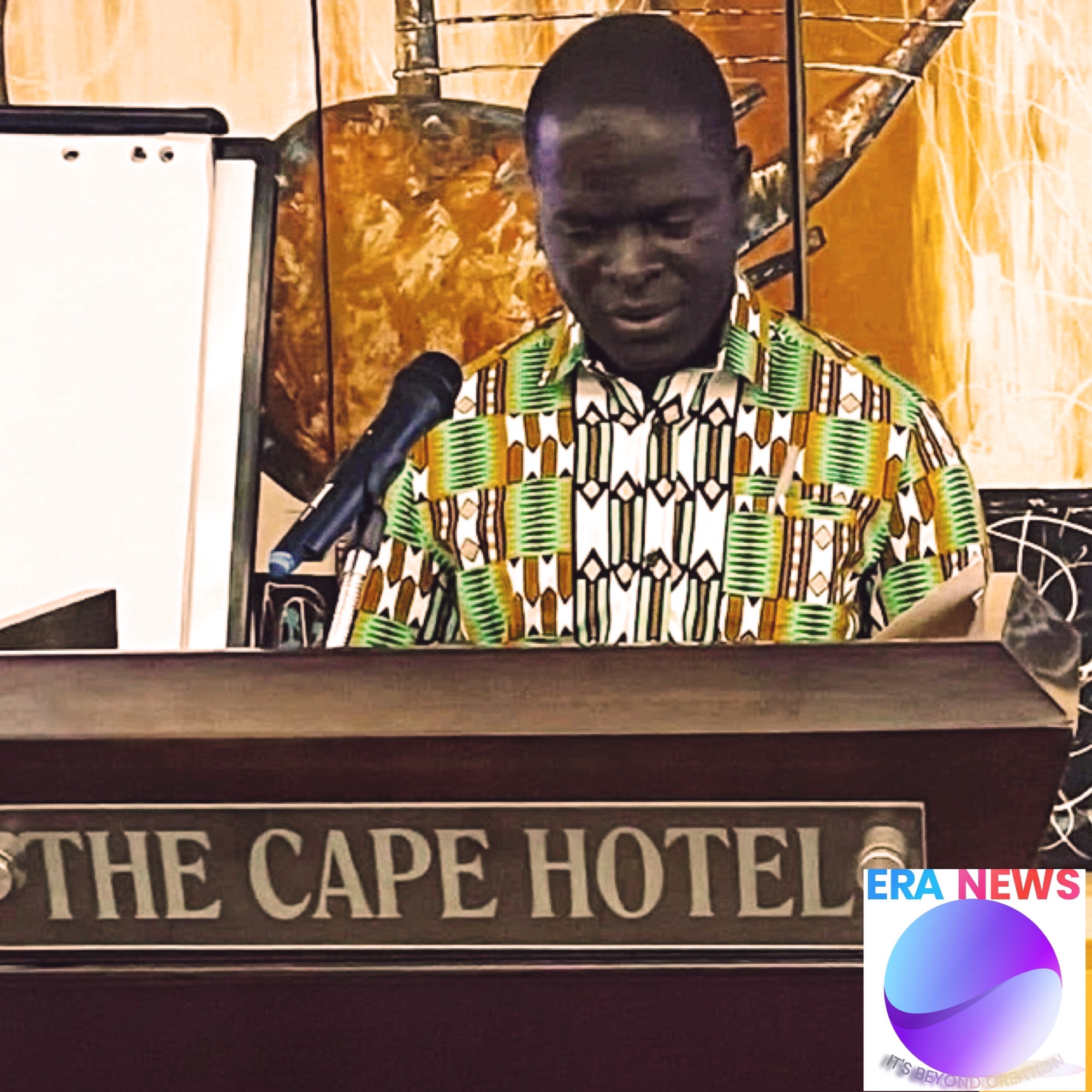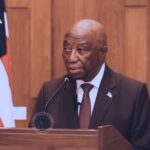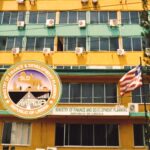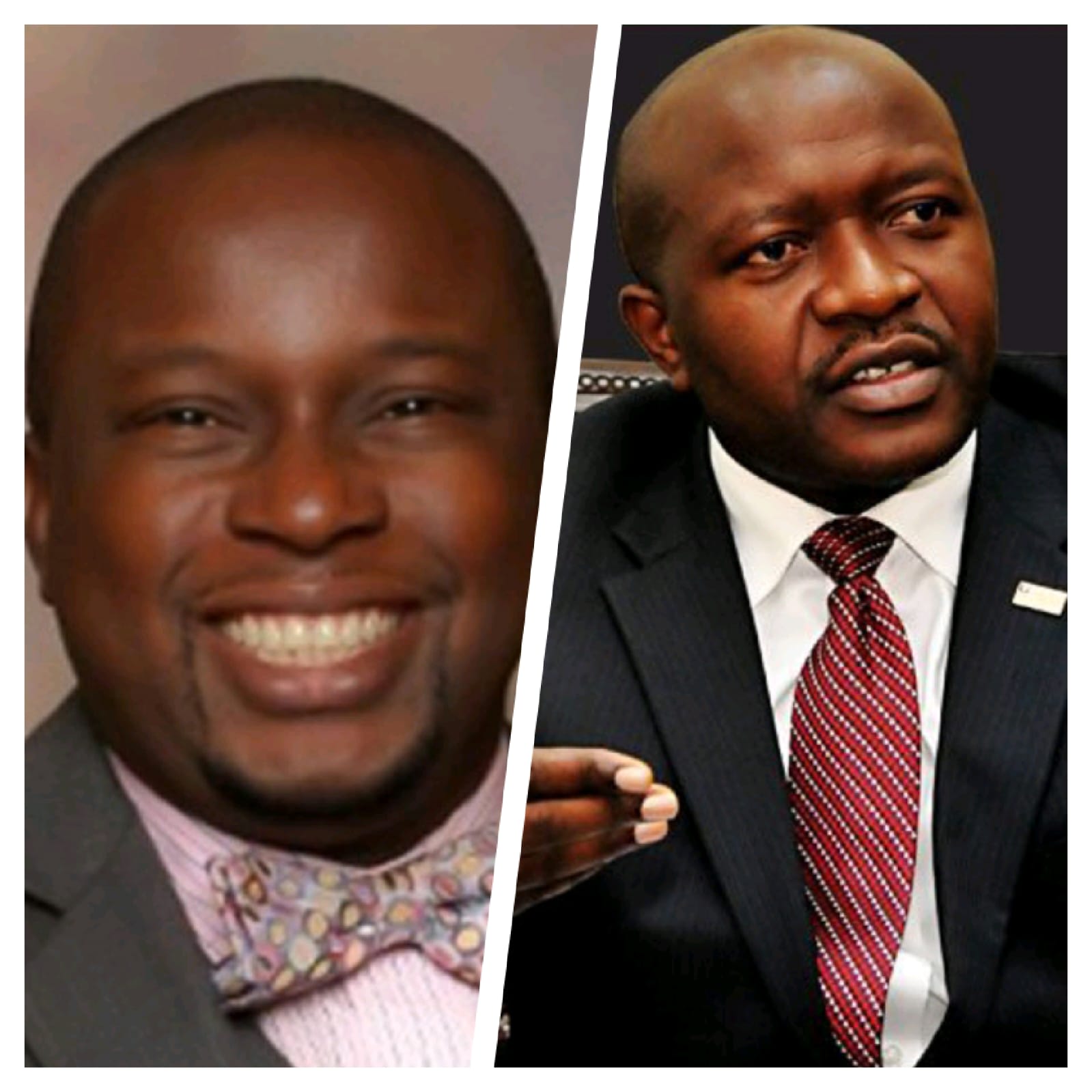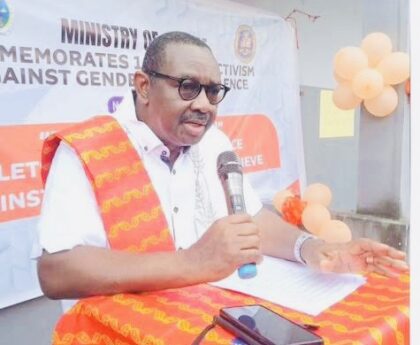MONROVIA: Dr. Emmanuel Urey Yakpawolo, the Executive Director of the Environmental Protection Agency (EPA) has made a call for urgent strategic assets in Liberia’s tourism sector.
The EPA boss made the remarks during a day-long “National Tourism Dialogue” in Monrovia where key stakeholders assembled to discuss forming and synchronization of Liberia’s National Tourism Policy and Development Roadmap.
The event, attended by key stakeholders including the House of Representatives Committee Chair on Broadcast and Tourism, Hon. Bernard Blue Benson, Information and Cultural Affairs and Tourism Minister Jerolinmek M. Piah, representatives from USAID, UNDP, and the Liberian Tourism Association, highlighted the integral role tourism can play in Liberia’s economic development.
Dr. Yarkpawolo used the occasion to share his personal experiences to demonstrate the potential of Liberia’s cultural heritage and the need for development.
He also jotted down his 2011 visit to the sacred mountain in Foya-Tengia, Lofa County, with a recent trip to the Landstrum Monument in Bonn, Germany, adding that while the sacred mountain in Liberia remains largely undeveloped, the Landstrum Monument has benefited from significant investments since 1814, transforming it into a lucrative tourist attraction.
“The comparison highlights a glaring deficiency in our investment in cultural heritage,” He stated.
He spotlighted that successful tourism requires proper infrastructure, security, and marketing strategies.
“This dialogue marks a crucial starting point for correcting past oversights,” he counted.
Dr. Yarkpawolo underscored the natural beauty and rich potential of Liberia’s attractions, such as the Sapo National Park, stunning coastlines, breathtaking waterfalls, and historical sites, including Providence Island.
He advocated for substantial investments to develop these sites, which could become major tourist destinations.
Addressing concerns about the management of parks within urban areas, Dr. Yarkpawolo suggested the establishment of a clear framework, potentially under a proposed National Tourism Authority, to ensure the proper maintenance of these spaces.
He expressed gratitude to international donors and partners for their support, urging them to continue backing Liberia’s tourism development initiatives.
He called on participants to carefully review and refine the draft Tourism National Policy, aiming for a comprehensive and impactful roadmap.
“I am not the same having seen the moon shine on the other side of the world,” he concluded.
The outcomes of the dialogue are expected to play a pivotal role in shaping a viable and profitable tourism sector in Liberia, with the potential to drive significant economic growth and development.
According to Privacy Shield Framework, Liberia’s tourism industry is underdeveloped, in part because of the country’s insufficient transportation networks, electricity connectivity, telecommunications systems, and accommodation facilities.
Only a few attractions have facilities that cater to international visitors. The infrastructure deficit is one of the critical factors discouraging entrepreneurs from investing in this sector.
The country’s biodiversity, landscape, and beaches are natural attractions for tourists and international visitors seeking new adventures.

